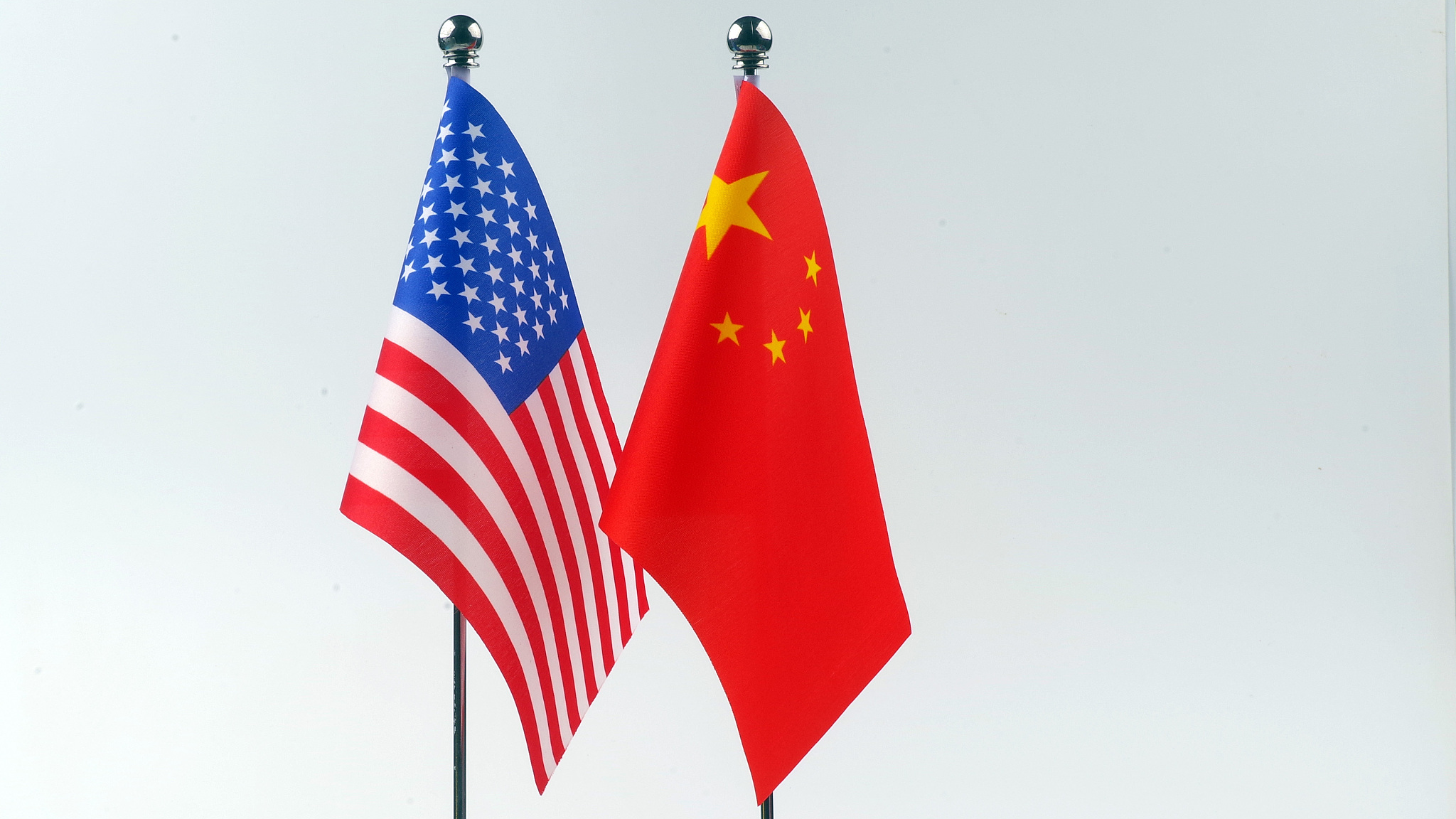
Editor's note: Yuan Sha is an assistant research fellow at the Department of American Studies, China Institute of International Studies. A former Fulbright scholar at Columbia University, she has a PhD in International Politics from China Foreign Affairs University. Yuan has published several papers on China-U.S. security relations in Chinese academic journals and is a regular contributor for many Chinese media outlets. The article reflects the author's opinions, and not necessarily the views of CGTN.
On the evening of April 23, China's State Councilor and Foreign Minister Wang Yi held a video exchange with the U.S. Council on Foreign Relations, where he laid out suggestions embodying Chinese wisdom that are shedding light on the future of China-U.S. relations.
"A country practicing hegemonism is doomed to fail"
Wang Yi brushed aside the narrative prevalent in the U.S. that proclaims "a country will seek hegemony when growing stronger" and laid out the Chinese wisdom that "a country practicing hegemonism is doomed to fail."
The former theory is problematic in that it lacks analytical rigorousness and is often used to justify actions to prevent the rise of emerging countries, which has long incurred push-backs in the policy circles and academia. Furthermore, a blind belief in this theory causes security dilemmas and risks incurring self-fulfilling prophecies.
The current China-U.S. relations are at peril of such a trap. The Joe Biden administration labeling China as the "most serious competitor" errs in this direction. China has never intended to replace the U.S. as a hegemon; instead, the Chinese oppose the very notion of hegemon and is a victim of hegemony in today's world. The U.S. grievance toward China is in large part due to a twisted understanding of international relations.
In reality, the Chinese admonishes "benevolence" over "hegemony" since ancient times. There is plentiful of historical evidence that the Chinese never sought hegemony and adopted a peaceful policy toward neighboring countries which contributed to long-term stability and prosperity in East Asia. An appreciation of Chinese culture would help ease U.S. paranoia and reduce risks of imprudent actions toward China.

South China's Shenzhen cityscape. /CFP
South China's Shenzhen cityscape. /CFP
"Democracy is not Coca-Cola"
Another notable remark from Wang is that "Democracy is not Coca-Cola that promises the same taste everywhere in the world". This vivid analogy reminds us that democracy is a common value shared by humanity, but its forms and contents vary across different countries at different stages.
China is an advocate and practitioner of democracy and human rights at home. It has accomplished the historical feat of eliminating extreme poverty and ensured Chinese people the basic rights of lives and livelihoods in a magnitude unseen in human history. Wang's remarks constitute a refutation against the U.S. smear campaign to demonize China, and appealed to the world to respect the path and system independently chosen by individual countries, and recognize that the Chinese people have the right to pursue a better life based on their own needs.
His remarks also exposed the U.S. intentions in hijacking and monopolizing the notion of "democracy" for its hegemonic purposes, and appealed the U.S. to practice true multilateralism. China has been committed to the democratization endeavor of international relations. As the biggest developing country in the world, China shoulders the responsibility to represent the large swatch of people whose voices are rared heard in international arenas.
"Don't do unto others what you don't want done unto you"
Wang also quoted the famous teaching of Confucius "Don't do unto others what you don't want done unto you". As a victim of aggression and bullying in history, the Chinese know the bitterness of foreign coercion more than anyone else and are strongly opposed to such practice.
To this end, Wang laid bare the rhetorical trap of blaming China for the so-called "coercive diplomacy", which is intentionally denying the Chinese people's legitimate right to safeguard their national sovereignty and national interests. He also reiterated China's strong opposition to coercive behaviors in the world. In particular, he warned the U.S. to refrain from wantonly meddling in China's internal affairs, especially in challenging China's core interests on Taiwan, Xinjiang and Hong Kong.
Wang's speech came at a critical time of China-U.S. relations, when the Biden administration is recalibrating its China policy. The administration officials have laid out a three-pronged approach toward China, including competition, cooperation and confrontation. But past experiences demonstrate that any such attempt is neither feasible nor desirable to the two countries and the international community.
In fact, it is a truism that China and the U.S. would prosper by cooperation and suffer by confrontation. Chinese President Xi Jinping and U.S. President Joe Biden have just made a joint commitment to fighting climate change, which demonstrates both the ability and the will of the two countries to collaborate on a common mission. There are also a myriad of other issues that require cooperation and coordination of the two sides. Thus the U.S. needs to discard its Cold War mentality and learn to appreciate the merits of Chinese wisdom and explore a path of peaceful coexistence and win-win cooperation.
(If you want to contribute and have specific expertise, please contact us at opinions@cgtn.com.)

